Severe heatwave is taking place across Southeast Asia. Experts say the most worrying aspect of this heat wave is its length and the unknown timing of the heat wave.
Climatologist Maximiliano Herrera, who tracks extreme temperatures globally, said Southeast Asia is experiencing unprecedented heat waves. The intervals between heatwaves are also shorter than they used to be. Meanwhile, Swiss climate research group IQ Air said the current heatwave is due to a combination of factors including human-caused climate change and El Niño.

Governments across Southeast Asia have issued warnings and guidelines to help people avoid heatstroke. Thailand is one of the countries most affected by the heatwave, with temperatures across the country breaking records. In early April 2024, the average temperature in Bangkok exceeded 42 degrees Celsius, higher than the average temperature last year, forcing many people to stay indoors. Thai authorities said temperatures could reach 43-44.5 degrees Celsius this month. People have been warned to prepare for temperatures expected to be about 30 percent higher than normal.
In Malaysia, at least two deaths due to heatwave have been recorded, including a 22-year-old man from the northern state of Pahang and a 3-year-old boy in the neighboring state of Kelantan. The Malaysian Meteorological Department has previously warned of hot weather in 14 areas across the country. The country is now preparing for a level 3 heatwave and warned that it could strike at any time. Hundreds of schools in the Philippines, including the capital Manila, have been closed after daily temperatures rose above 42 degrees Celsius. The country's National Disaster Management Agency and the armed forces are considering creating artificial rain in some areas to cool down.
In Singapore, some schools have asked students to wear light clothing until further notice amid the high temperatures in recent weeks. The Singapore Meteorological Agency said that Singapore’s weather in 2024 could be hotter than 2023. The extreme weather has also raised concerns among farmers in Southeast Asia about the risk of water shortages that will reduce yields.
THANH HANG compiled
Source








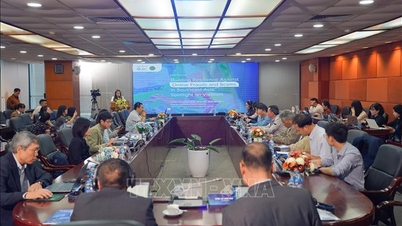









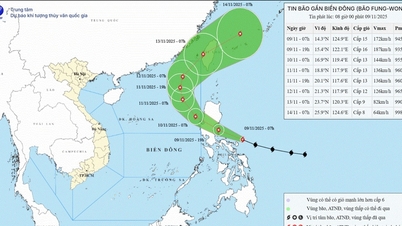











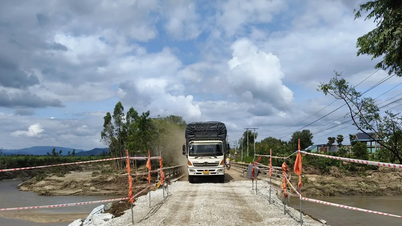
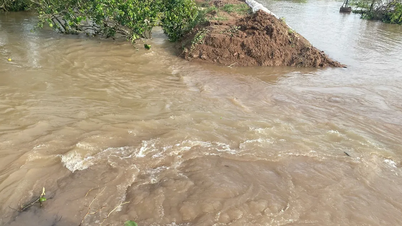

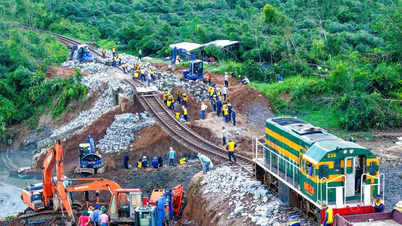
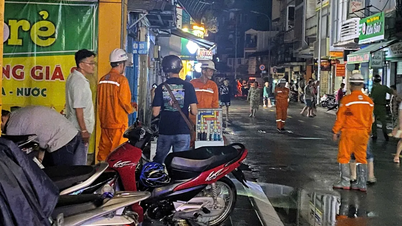



















































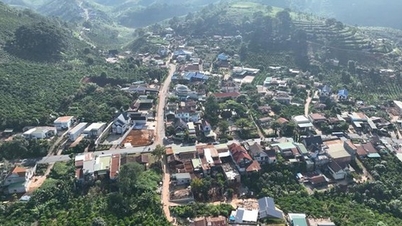
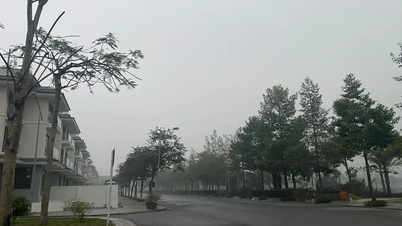
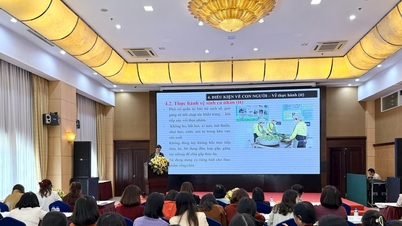







![Dong Nai OCOP transition: [Part 2] Opening new distribution channel](https://vphoto.vietnam.vn/thumb/402x226/vietnam/resource/IMAGE/2025/11/09/1762655780766_4613-anh-1_20240803100041-nongnghiep-154608.jpeg)












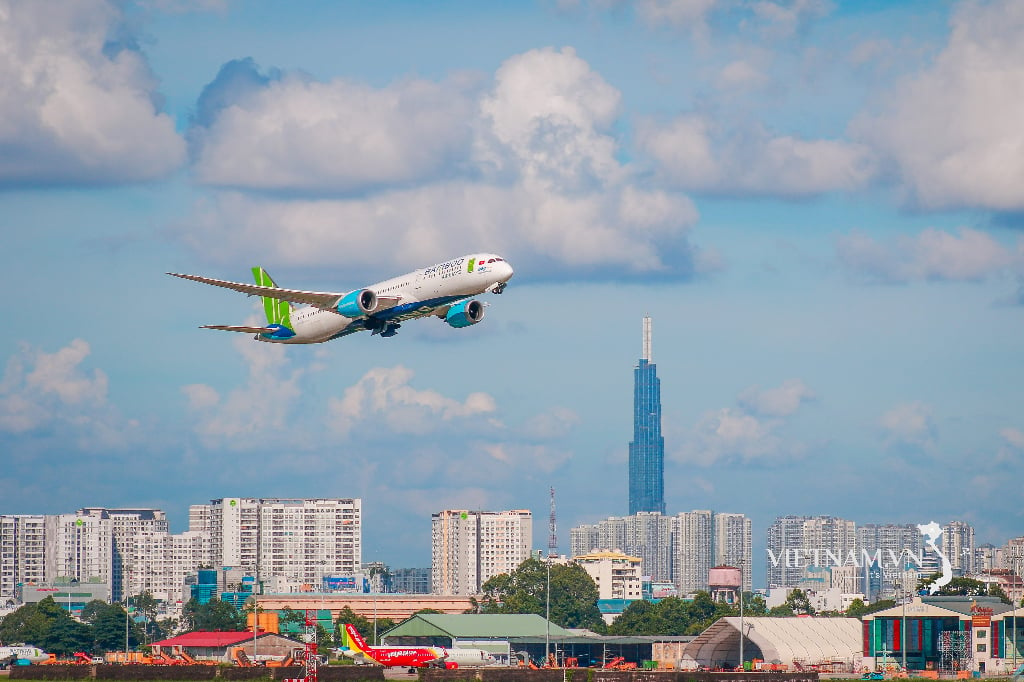
Comment (0)